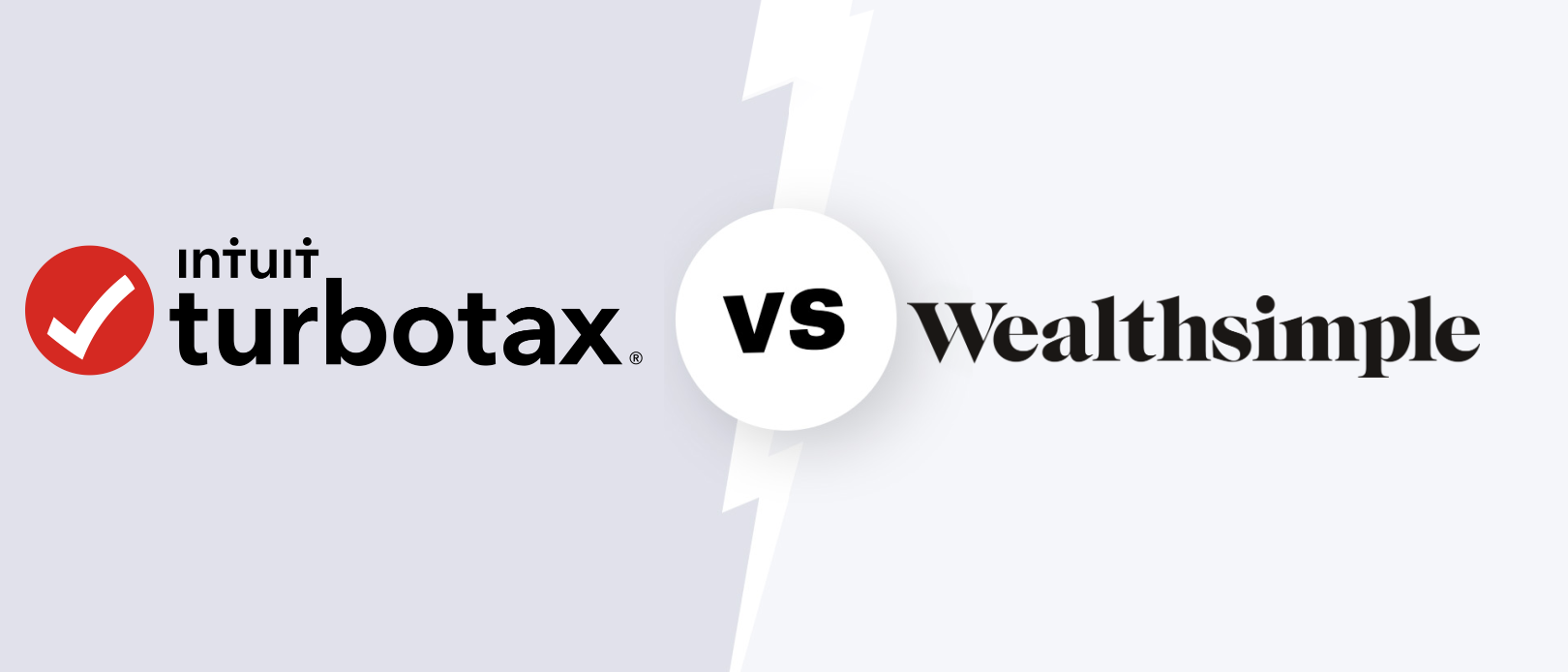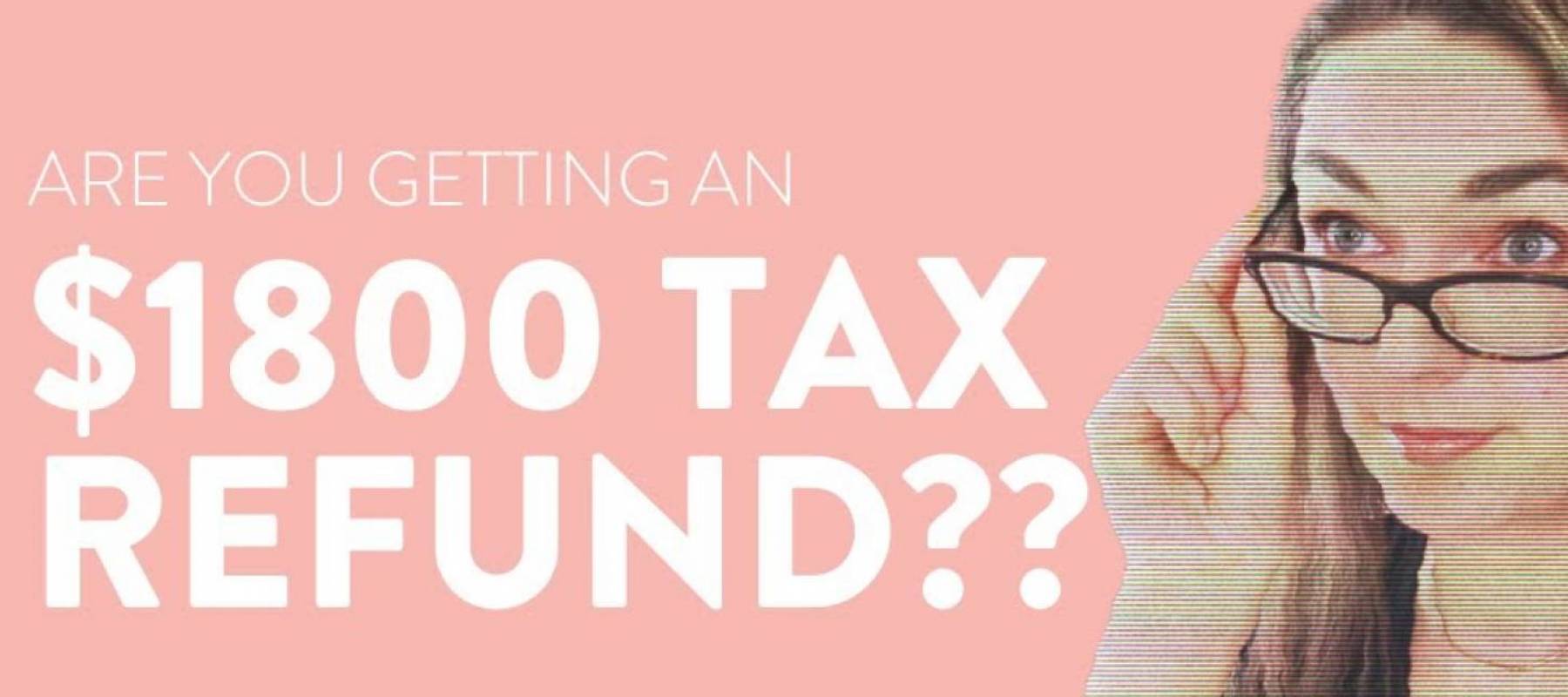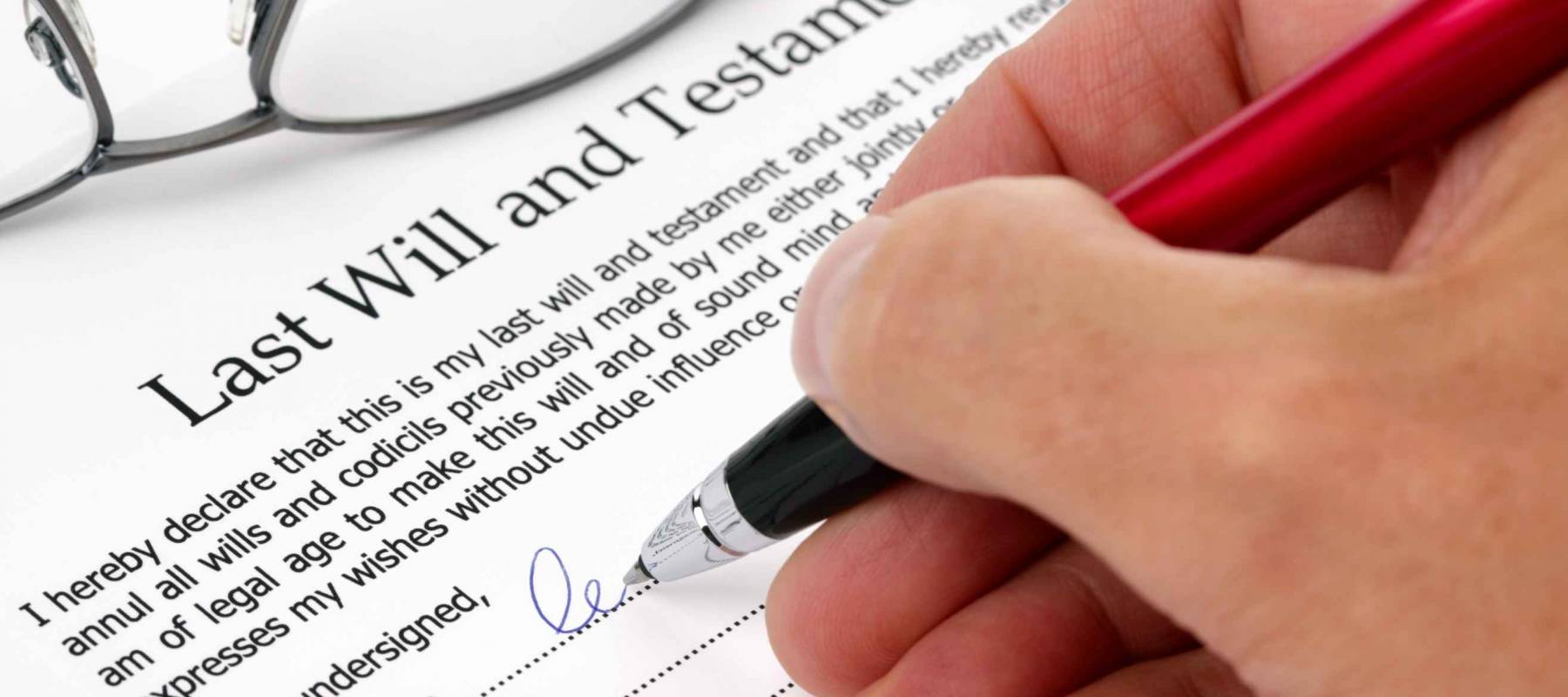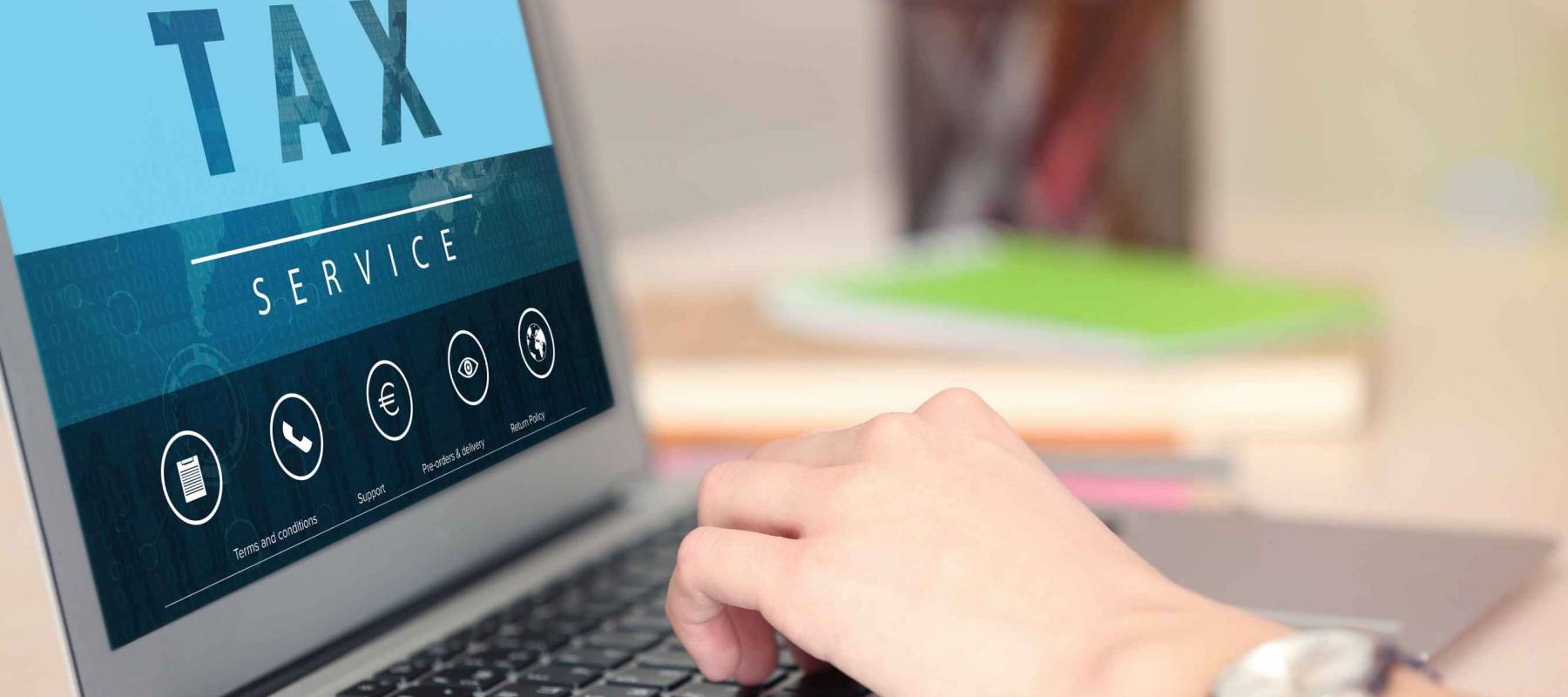The thought of filing taxes can lead to nightmares of numbers and paperwork.
But with some tax-knowledge and planning, you’ll find that the process isn’t as hard as you might fear.
From the forms you need to the deductions you can make, we’re here to make your tax filing process as easy as possible.
-1675452795-1689345542.png)
Filing taxes in Canada
First-time tax filers
If you've never filed taxes before, it's important to know that, in Canada, it is mandatory to file an income tax return if any of the following conditions apply: you owe tax to the Canada Revenue Agency (CRA); you are self-employed and have to pay your Canada Pension Plan (CPP) premiums or Employment Insurance (EI) premiums on your self-employment earnings; you and your spouse/common-law partner want to split your pension income.
Filing your tax return is a relatively straightforward process that can be completed online, even if you have no previous experience with filing by using a NETFILE-certified tax software or by enlisting the services of a tax preparer.
Filing taxes if you're a student
In Canada, both full-time and part-time students are required to pay income tax. If you earned money from summer or part-time jobs, you must file an income tax return. Any income you received, whether it was from occasional, part-time, or full-time work, is considered employment income.
Filing taxes if you have a side hustle
In Canada, it is mandatory to report and pay taxes on any income earned from a side hustle. Such income is considered to be business income and must be reported on your personal tax return.
Freelancers filing taxes
In Canada, freelancers have a legal obligation to report all of their income, regardless of how small it may be. Attempting to evade this requirement can result in a fine of up to 10% of the unreported amount, so it is important to comply with the law and report all income.
How much will you pay in taxes?
Federal income tax rates in Canada range from 15% to 33%. Canada has a graduated tax system where the amount of money you earn each year determines the amount of taxes you will pay.
When is the tax deadline in Canada?
The deadline for most Canadians to file their 2022 tax return was May 1, 2023.
The deadline for filing taxes in Canada for the 2023 tax year is April 30, 2024.
More: Tax deadline in Canada
How to file taxes in Canada
When it comes to filing your taxes, there are a variety of options available to you. You may choose to file taxes online using NETFILE-certified tax software, either on your own or through a tax preparer who uses EFILE-certified tax software. If you prefer a more personal touch, you may want to consider talking with a tax accountant. Alternatively, you can file a paper tax return or use the File my Return automated phone line (if you have received an invitation to do so).
More: Best tax software
Information and documents needed to file
The information and documents needed to file your tax return vary from year to year, and person to person, depending on their income. A few of the documents and slips you will need include:
- T4 slips (Employment income)
- Employment insurance benefits receipts
- Old Age Security and CPP benefits receipts
- RRSP contribution receipts
If you are filing your return electronically, you should keep these documents for your own records. If you are filing a paper return, be sure to attach any required supporting documents, such as certificates, forms, schedules, or receipts, as indicated in the instructions for your return. It’s important to keep all receipts and documents in case they are needed by the CRA at a later date. CRA can request documents for up to seven years after you’ve filed your taxes.
Canada tax brackets
The tax system in Canada is based on a graduated tax rate, meaning that your income is divided into different tax brackets and each bracket is taxed at a different rate. The federal government and each province sets their own tax brackets. You will fall into one of five federal and one of five Ontario tax brackets based on your income. If your income increases and you move into a higher tax bracket, only the portion of your income in the higher bracket is taxed at the higher rate.
More: Income tax brackets
Tax filing tips
Most people dread tax season. But if you come prepared, preparing your tax return will be relatively painless. We’ve compiled a list of tips that will help you out.
1. Gather all necessary documents
Before you begin filing your taxes, it is important to gather all necessary documents. Including:
- Income Slips: T4 slips for employees, employment insurance benefits, tuition, interest slips, Old Age Security and Canada Pension Plan benefits.
- Receipts: Receipts for child-care expenses, medical expenses, charitable donations, moving expenses and business expenses.
- Other Documents: Notice of Assessment, Social Insurance Number and access code for online filing.
Make sure to have these documents readily available to ensure a smooth and successful tax filing experience.
2. Maximize your tax savings with RRSP contributions
One of the most effective ways to reduce your tax burden is to make contributions to your Registered Retirement Savings Plan (RRSP). For every dollar you contribute, your taxable income is decreased by an equal amount, allowing you to save on taxes.
3. Side hustle deductions
If you're working for yourself or have a side hustle, you may be eligible to deduct expenses associated with your work. As long as you generate income from your work, any reasonable business-related expense can be claimed as a deduction. However, it's important to note that a tax deduction is not a refund - it simply reduces the amount of income you're taxed on, potentially leading to a smaller tax bill.
4. All in the family
If you are married or have children, you may qualify for additional tax breaks that are not available to single filers. Take advantage of these opportunities by seeking the help of a tax professional, who can identify all of the savings you may have missed.
Taxes FAQ
Disclaimer
The content provided on Money.ca is information to help users become financially literate. It is neither tax nor legal advice, is not intended to be relied upon as a forecast, research or investment advice, and is not a recommendation, offer or solicitation to buy or sell any securities or to adopt any investment strategy. Tax, investment and all other decisions should be made, as appropriate, only with guidance from a qualified professional. We make no representation or warranty of any kind, either express or implied, with respect to the data provided, the timeliness thereof, the results to be obtained by the use thereof or any other matter.





